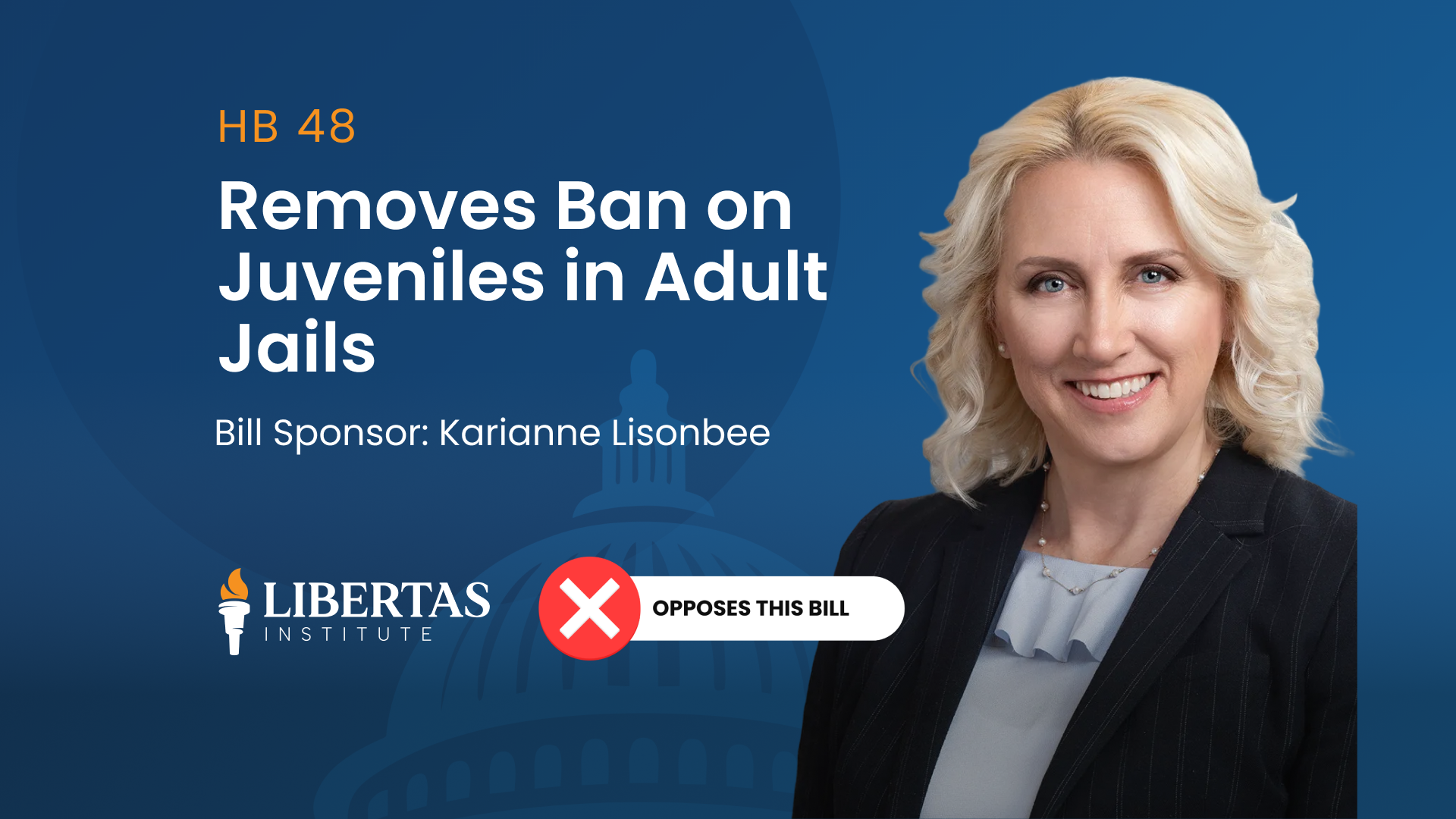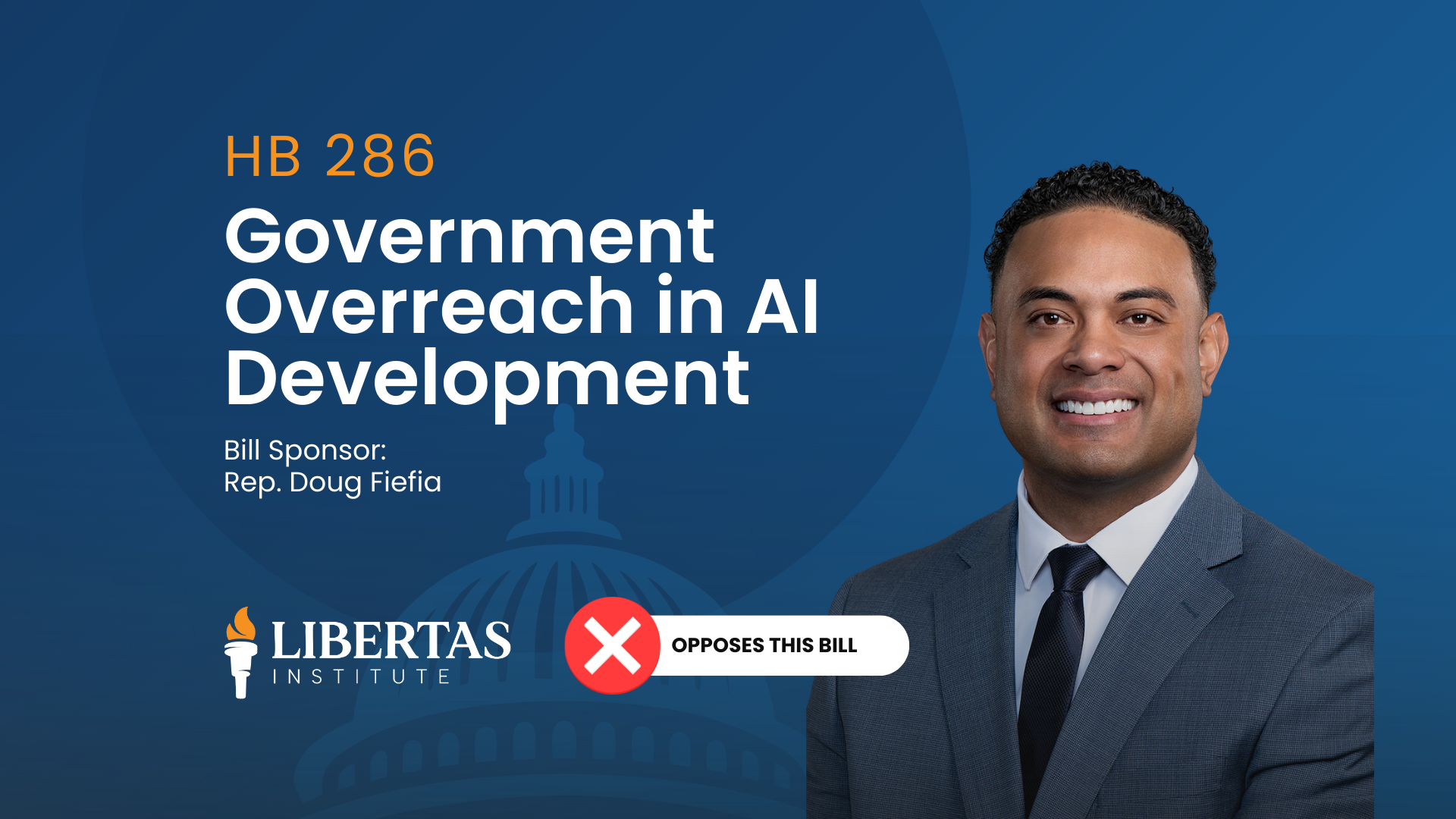This bill was modified from its original version to remove the offending provisions, and passed successfully in both chambers of the legislature.
According to The Salt Lake Tribune, 45,655 Utahns struggled to pay back their high-interest payday loans last year. These lenders, required to report the data to the state, disclosed that the average loan carried a whopping 482% annual interest.
In a recent op-ed on this issue, Representative Brad Daw—who has attempted for several years to impose tighter regulations on this industry (see here and here)—argued for restrictions on how many loans payday lenders could offer to a single person. Calling his proposal an “effective deterrent to irresponsible lending,” Rep. Daw correctly noted that the “payday lending industry has spent hundreds of thousands of dollars lobbying against such regulation.”
That regulation has resurfaced in House Bill 292, which would require the Utah Department of Financial Institutions to create a central database to monitor all “payday loans” issued in the state. The law would prohibit lenders from providing a loan to a person who already has two loans. Borrowers would also be prohibited from taking out loans that exceed 25% of their gross monthly income.
Payday lenders who provide a loan to an “ineligible” borrower would be guilty of a class B misdemeanor under the proposed bill.
While we are concerned with predatory practices and the poor money management of low-income individuals throughout the state, we reject the notion that taxpayers should be required to fund the creation and management of a database, and a regulatory enforcement practice, that violates the right of contract of both borrower and lender.
Utah’s “nanny state” extends to multiple spheres, including meddling in the voluntary, contractual, and consensual relationship of adults exchanging money under mutually agreeable terms. While education may help to encourage better borrowing practices, the government should not use the force of law to prevent people from making bad decisions.




